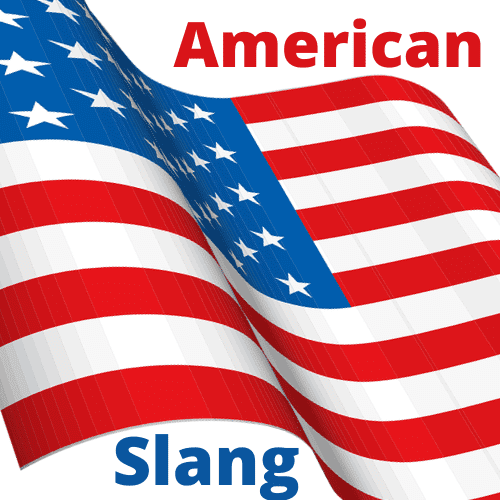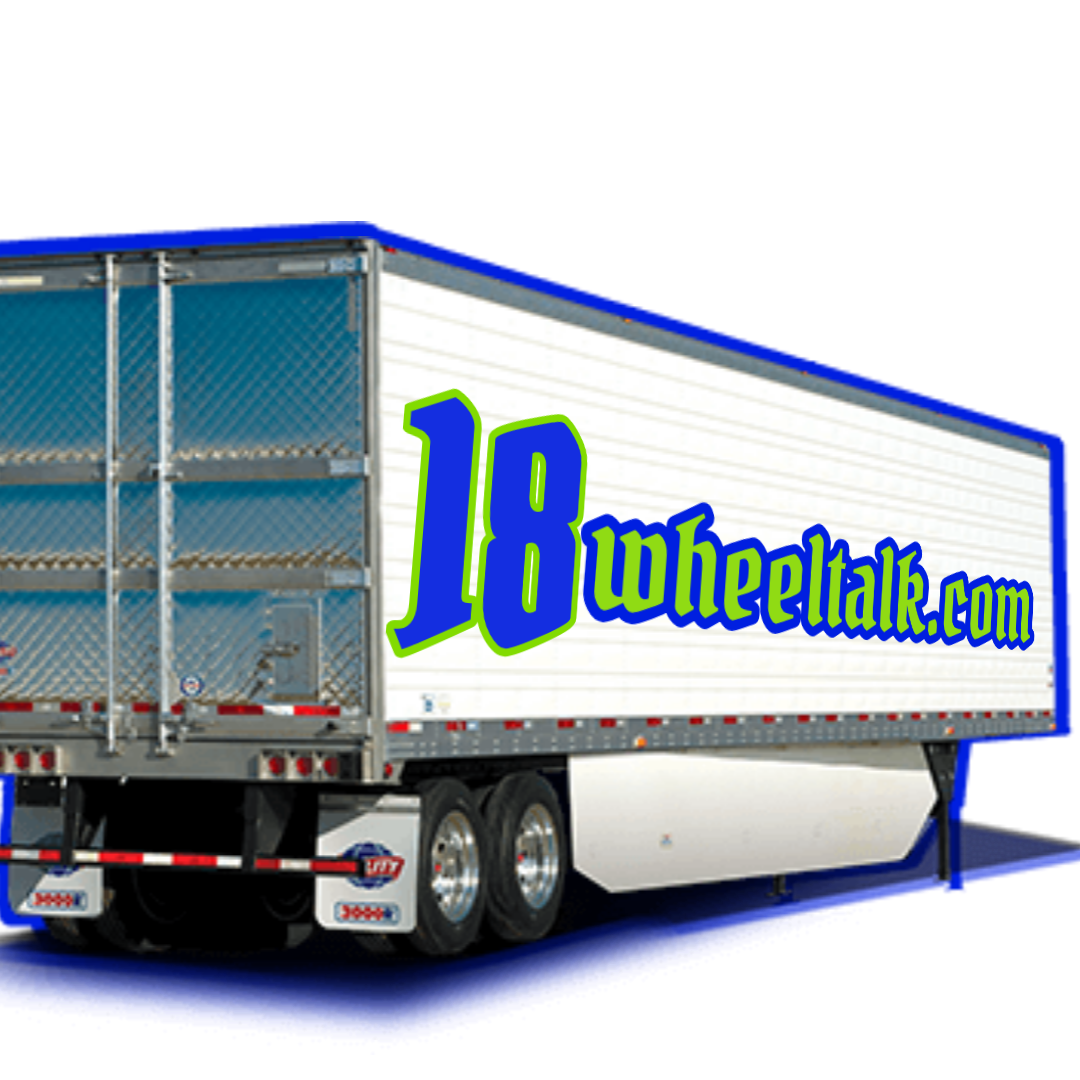Podcast Audio Player
18WT 051: Slang In America from our LIVE 3-21-2022
**Disclaimer: This post contains affiliate links. If you make a purchase, I may receive a commission at no extra cost to you.**
Show Note Links!From the audio podcast
- Allswell Mattress - Your dream bed and more starts - HERE
- Instacart - Groceries and more delivered in as little as 2 hours
- Have the mid afternoon energy slump - Try a C4 Energy Drink
- To get your swag on and support the show... just click HERE
- Help support our show by joining our patreon - Just click HERE
- Get your CoVid Shot Glasses HERE
SLANG IN AMERICA
20% of Americans admit to using slang in every conversation. 50% of Americans use slang terms without knowing what they mean. The most well-known slang words and phrases in America are “ghosted,” “salty,” and “on point.” 58% of Americans don’t know what the ‘Rona’ means. 66% of parents are annoyed by slang, compared to 46% of people without children. 46% of Americans think it’s appropriate to use slang in a professional setting and 42% would use it in front of their boss.
How do you refer to those people, things, and experiences that are amazing or awesome? Are they cool? Perhaps they’re rad? In the 1980s, you might have called them bad. Today, for example, you might refer to your perfect curls as on fleek. What do all these interesting words have in common? They’re all slang words. If you’re a kid, we’ll bet you use plenty of slang words. But guess what? Adults use them, too.
What are slang words? Some experts define them as “deliberate alternative vocabulary that sends social signals.” Merriam-Webster says slang is “very informal nonstandard vocabulary.” Slang words say something about the attitudes of the people, groups, and subcultures that use them. The word “slang” began as a word in northern England that was used to refer to territory or turf. Over time, it came to refer to the people who would advertise and sell goods in certain locations. Eventually, slang became the term used to describe the colorful, informal speech these salespeople used.
You may have noticed that new slang words tend to pop up quite often. They can appear as new meanings for existing words, brand new words, or abbreviations for words If you’ve ever said yolo, fleek, bae, selfie, juju, woke, or dank meme, you’ve used slang! So where do all these new slang words come from? Language grows and changes over time. New words and new meanings for old words come about all the time. Over the past couple of decades, many slang words have come from three specific sources. These are popular music, politics, and the Internet. Popular music, especially rap and hip hop, has led to many slang words.
Politics has also given rise to numerous slang words. In large part, this is due to how divided people seem to be over major issues. For better or worse, words such as snowflake, woke, and triggered have taken on new meanings. Often, this is thanks to constant bickering before, during, and after election cycles.
Perhaps the biggest source of slang words, however, is the Internet. In today’s electronic age, that fact should surprise. Sometimes, this happens due to the changing nature of technology itself (selfie, anyone?). Other times, it’s a quickly-changing trend (yolo—you only live once!). The Internet inspires more new slang words than anything else. But the Internet isn’t just the source of new slang words. It also helps those words to enter our minds and change our language more rapidly than ever before. The Internet and social media can help a new slang word pop up and be known worldwide in a matter of weeks, if not days.
The most popular COVID-19 slang
- Rona / The 'Rona - Abbreviation for the coronavirus
- Jab - A COVID-19 Shot
- Quarantine and chill - Spending time with a romantic partner during quarantine
- Quaranteam - Limited group of people you see during self-isolation
- Covidiot - Someone who disregards COVID-19 health and safety guidelines
- Quarantini - A cocktail people drink at home while under quarantine
- Zoom Fatigue - Exhaustion or overuse of virtual platforms of communication, particularly video conferencing
- Zoombombing - Disruption of a video call by uninvited strangers
- Zoomer - A generation marked by social distancing and COVID-19
- Before Times - Life before COVID-19
The Most Popular Slang In America
- Ghosted - when someone cuts off all communication without explanation
- Salty - exceptionally bitter, angry, or upset
- On Point - exactly right, perfect
- Woke - being alert to societal injustice
- GOAT - greatest of all time
- Extra - over the top
- Low-Key - understatedly or secretly
- Catfish - assuming a false identity or personality on the internet
- Savage - not caring about consequences
- Thirsty - needing approval affection, or attention
The Most Annoying Slang In America
- OK Boomer - implying someone is old, out-of-touch, or resistant to change
- Bae - term of endearment or labeling something as good or cool
- Bye, Felicia - a dismissive goodbye
- On Fleek - perfectly executed or extremely good, attractive, or stylish
- Woke - being alert to societal injustice
- Mansplain - to explain something to a woman in a condescending way
- Zaddy - a man with swagger or style
- Yas - a playful or non-serious way to say "yes!"
- Yeet - to throw or an exclamation of excitement, approval, or surprise
- Periodt - a variant of "period" to emphasize a point

